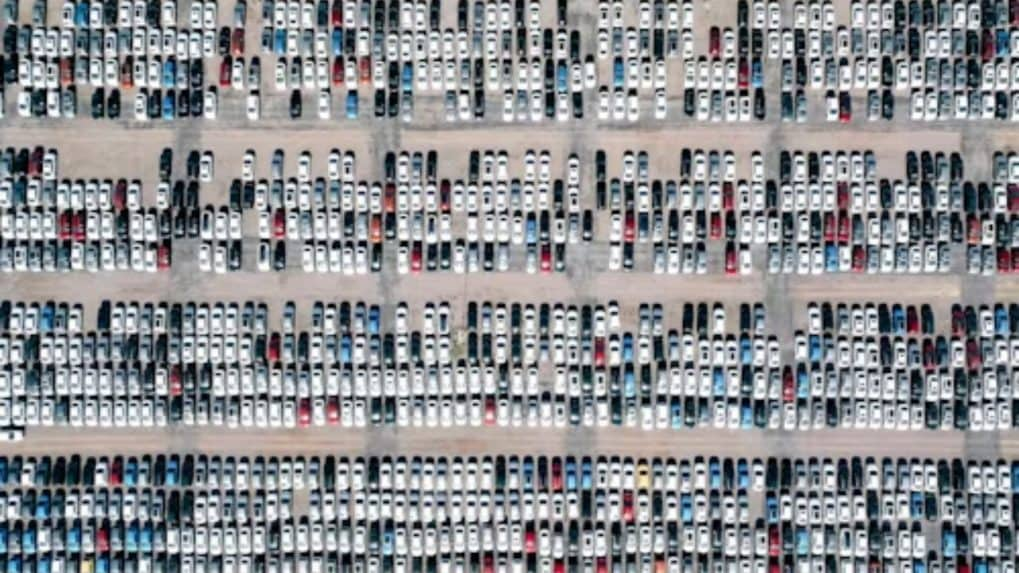Agency News
Why advertising agencies can no longer afford single-sector dependence

India's leading automakers have announced to hike prices of their car models from April 2025, blaming the rise in input costs. While Maruti Suzuki said it will be increasing the price up to 4% across all models, Tata Motors has decided a price increase of up to 2%, across its commercial vehicle range from next month.
On Tuesday, Hyundai Motor India said that due to a rise in raw material cost and operational costs, the company will be increasing the prices of its car models by up to 3% from April. Kia India will also be increasing the prices of its cars by up to 3%.
Renault India also said it will increase the prices of its entire model range by up to 2% starting next month.
However, Mercedes-Benz India may increase the prices of its car models in April 2025.
The car price hike comes as the entire auto industry is facing a sales setback. According to data by the Federation of Automobile Dealers Associations of India (FADA), car sales, including 2-wheeler, 3-wheeler, and commercial vehicles, declined 7% year-on-year in February 2025.
Passenger vehicles witnessed a 10 percent drop while commercial vehicle sales were down at 8.6%.
PV dealers noted weak market sentiment which especially continues in the entry-level category, delayed conversions, challenging targets, and stressed that OEMs should avoid overburdening dealers with excessive inventory.
On the other hand, commercial vehicle dealers pointed to a challenging environment, with weak sales in the transportation sector, tightening finance norms, and pricing pressures delaying customer decisions—particularly in bulk orders and institutional contracts.
Despite being the original architects of global brands, advertising holding companies are collapsing in market value because they still sell human hours while the world now rewards scalable, self-learning systems.